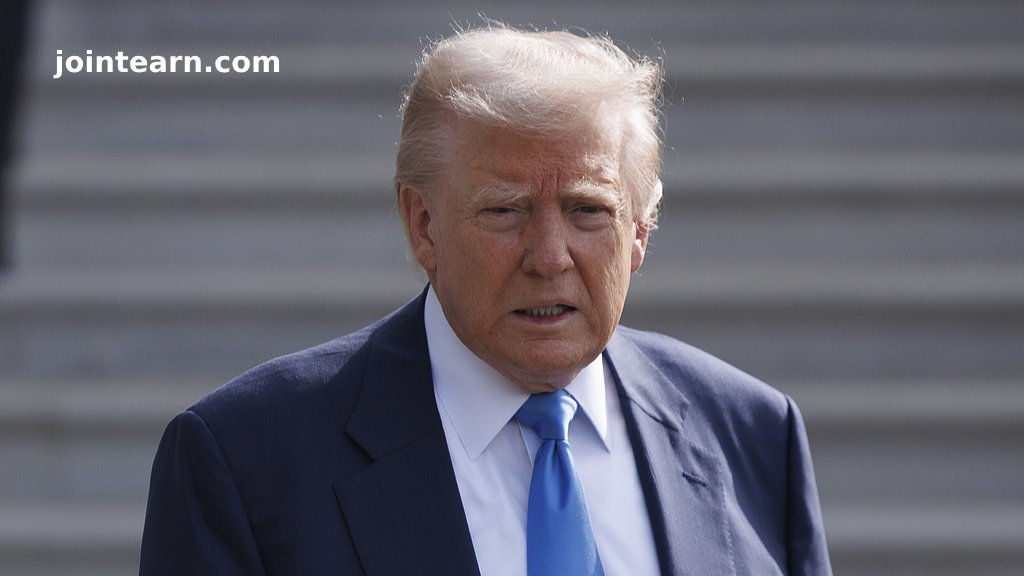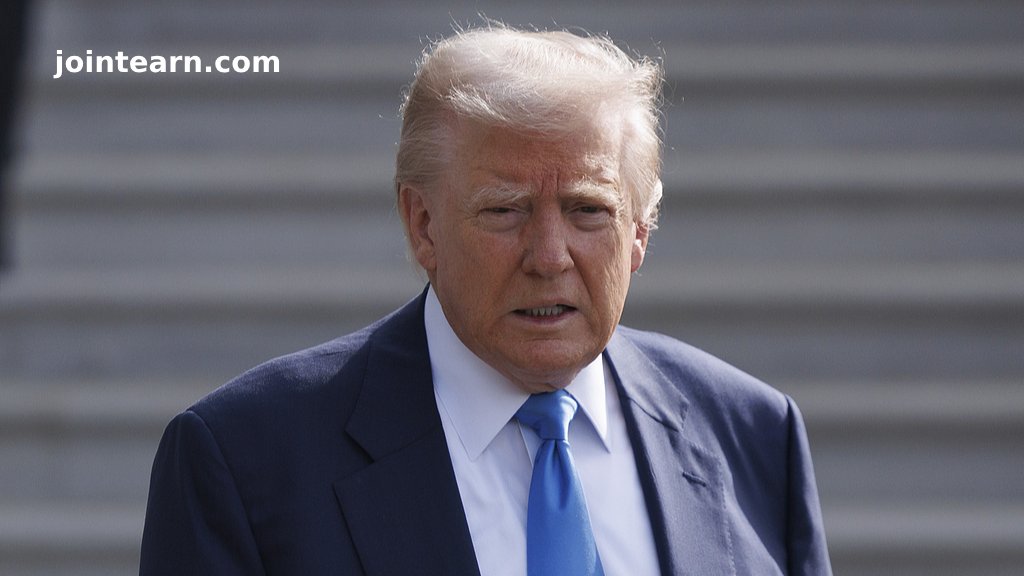As President Donald Trump marks his 100-day milestone, new polling reveals key insights into public opinion on his leadership. While his approval is slightly higher than it was at this point in his first term, he still faces significant challenges on issues like the economy, immigration, and government size. Here’s an overview of how Trump is faring, based on recent surveys:
Approval Rating: A Mixed Bag
Trump’s approval rating at 100 days shows a mixed public response. A recent NBC News Stay Tuned Poll, powered by SurveyMonkey, found 45% of Americans approve of his performance, while 55% disapprove. This marks a slight improvement from his first term but still falls behind past presidents’ 100-day ratings.
-
Republicans largely support him, with 88% approval, but Democrats and Independents remain critical, with 93% and 68% disapproving, respectively.
-
Demographics also play a role: older voters, white Americans, and those with lower education levels are more likely to approve, while younger voters, highly educated individuals, and nonwhite Americans tend to disapprove.
Trump’s average approval rating is around 45% in various April 2025 polls, but this still trails behind the 59% average of presidents since World War II. For context, Joe Biden had a 56% approval at this point in his presidency in 2021.
Economy: Rising Discontent
The economy remains a major challenge for Trump. Despite winning the 2024 election in part by highlighting rising prices, polls show growing dissatisfaction with his economic policies. A New York Times/Siena College poll found that 50% of voters believe Trump has worsened the economy since taking office, while only 21% think it’s improved.
-
His economic approval in both the April CNBC and NBC News surveys hovers around 43%-44%, among his lowest scores.
-
Trump’s handling of inflation and the cost of living has drawn negative feedback, with a large portion of Americans believing the country is headed toward a recession.
-
Trade and tariffs policies, particularly his push for global tariffs, have also drawn criticism, with 61% of Americans disapproving of his trade management.
Immigration: A Strong but Waning Issue
Trump’s handling of immigration and border security continues to receive relatively favorable marks in some surveys, but recent trends show a shift.
-
A NBC News Stay Tuned Poll revealed 49% approval for Trump on border security, while a New York Times/Siena College poll showed 47% approval.
-
However, some recent polls, like Fox News and Wall Street Journal, have shown more mixed opinions, particularly on his broader immigration policies and deportation efforts.
While Trump’s deportation policies remain popular among his base, a growing portion of voters, including those in the Wall Street Journal poll, express concern about deporting individuals who’ve lived in the U.S. for over a decade and have no criminal records.
Government Efficiency and Elon Musk’s Influence
Trump has pushed for dramatic reductions in the size of the federal government, often with the backing of Elon Musk and the Department of Government Efficiency (DOGE). However, polls suggest broad public disapproval of these efforts.
-
According to the NBC News Stay Tuned Poll, 59% of adults view Musk unfavorably, and concerns persist about the slash-and-burn approach to federal agencies.
-
A Pew Research poll shows that a majority of Americans find Trump’s approach to cutting government departments careless, with 59% disapproving of his methods.
Diversity, Equity, and Inclusion (DEI) Programs
Trump’s efforts to dismantle DEI initiatives have faced strong resistance. A significant portion of Americans—61%—disapprove of his handling of these programs, with a majority asserting that DEI efforts in workplaces and schools are beneficial to society.
Foreign Policy: Struggles on the World Stage
Trump has also encountered public skepticism on foreign policy, particularly regarding conflicts like the Russia-Ukraine war. A Pew survey indicates 53% of Americans disapprove of his foreign policy, with majorities also criticizing his handling of the Ukraine war.
In conclusion, Trump’s first 100 days have brought about a mixed public perception, with higher approval than in his first term but still facing substantial discontent on key issues. Economic concerns, particularly inflation, tariff policies, and his immigration stance, continue to shape public opinion, while his push for a leaner government and foreign policy handling has drawn both support and criticism. As Trump moves forward in his second term, these polling trends will likely remain a critical factor in shaping the political landscape.












